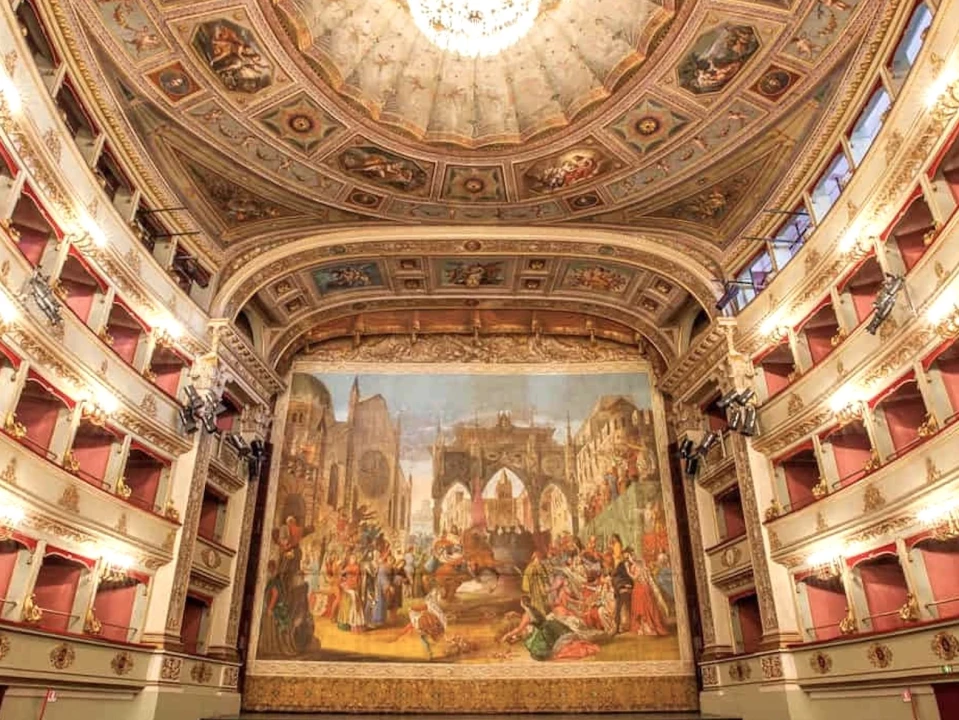A fascinating tradition of Italian culture, the “Condominium Theatre System” in central Italy during the 18th and 19th centuries is now a candidate for inclusion on UNESCO's Intangible Cultural Heritage list. This unique system was characterized by the use of private residences, often belonging to noble families, which were transformed into theaters for public performances.
During this period, the cultural landscape of Italy was greatly shaped by the nobility's interest in the arts, and theatrical performances became central to social life. In central Italy, this led to the rise of so-called "theatres in residences," or “teatri condominiali,” which were smaller, more intimate venues created within family homes, particularly in regions like Umbria and Marche.
These spaces allowed for local performances that were often open to the public, becoming a major point of attraction in the region.
What makes these theatres particularly interesting is that they served not only as entertainment venues but also as spaces for community interaction. The plays, operas, and other performances hosted there became vital to the social fabric of the time, contributing to the cultural and artistic heritage of Italy. The ability to experience professional-level performances in such intimate settings provided a unique opportunity for both aristocrats and common citizens to enjoy the arts together.
The cultural significance of these theatres was recognized in 2023 when they were nominated for UNESCO’s list of Intangible Cultural Heritage. The nomination process highlights the important role of these theatres in maintaining and promoting local traditions, helping preserve regional dialects, and celebrating the artistic practices of the time.
The Italian government, along with regional cultural organizations, is actively involved in promoting and preserving this unique aspect of Italian heritage, emphasizing how the theatre systems played a role in shaping the nation's cultural identity during the 18th and 19th centuries. This recognition from UNESCO would not only honor the legacy of these theatres but also ensure that future generations can continue to appreciate the rich artistic traditions that arose from them.
The nomination of the Condominium Theatre System adds to Italy's already rich collection of UNESCO-recognized cultural practices, further affirming the country’s pivotal role in the history of art and culture. It also underscores the importance of maintaining and safeguarding Italy's unique local traditions and practices, which remain integral to the nation's identity today.



